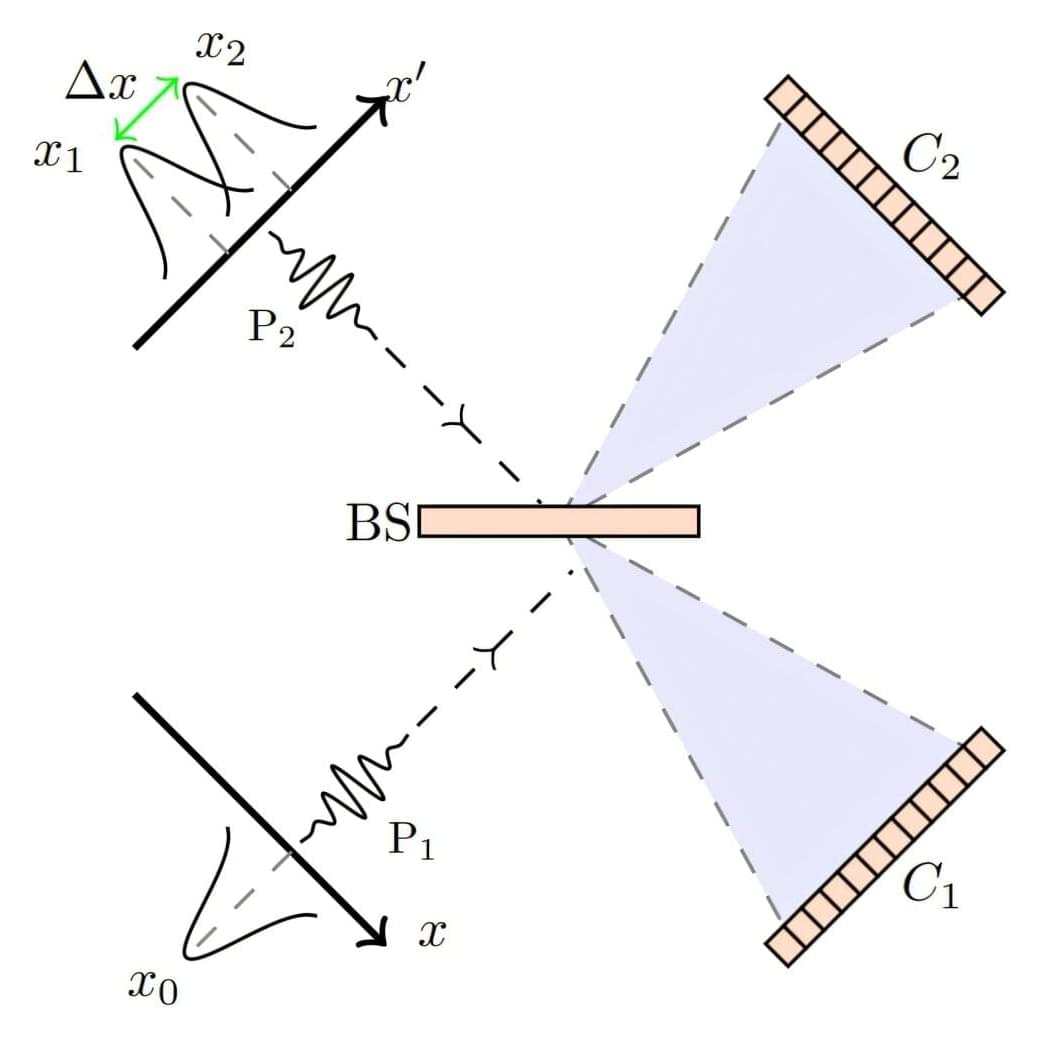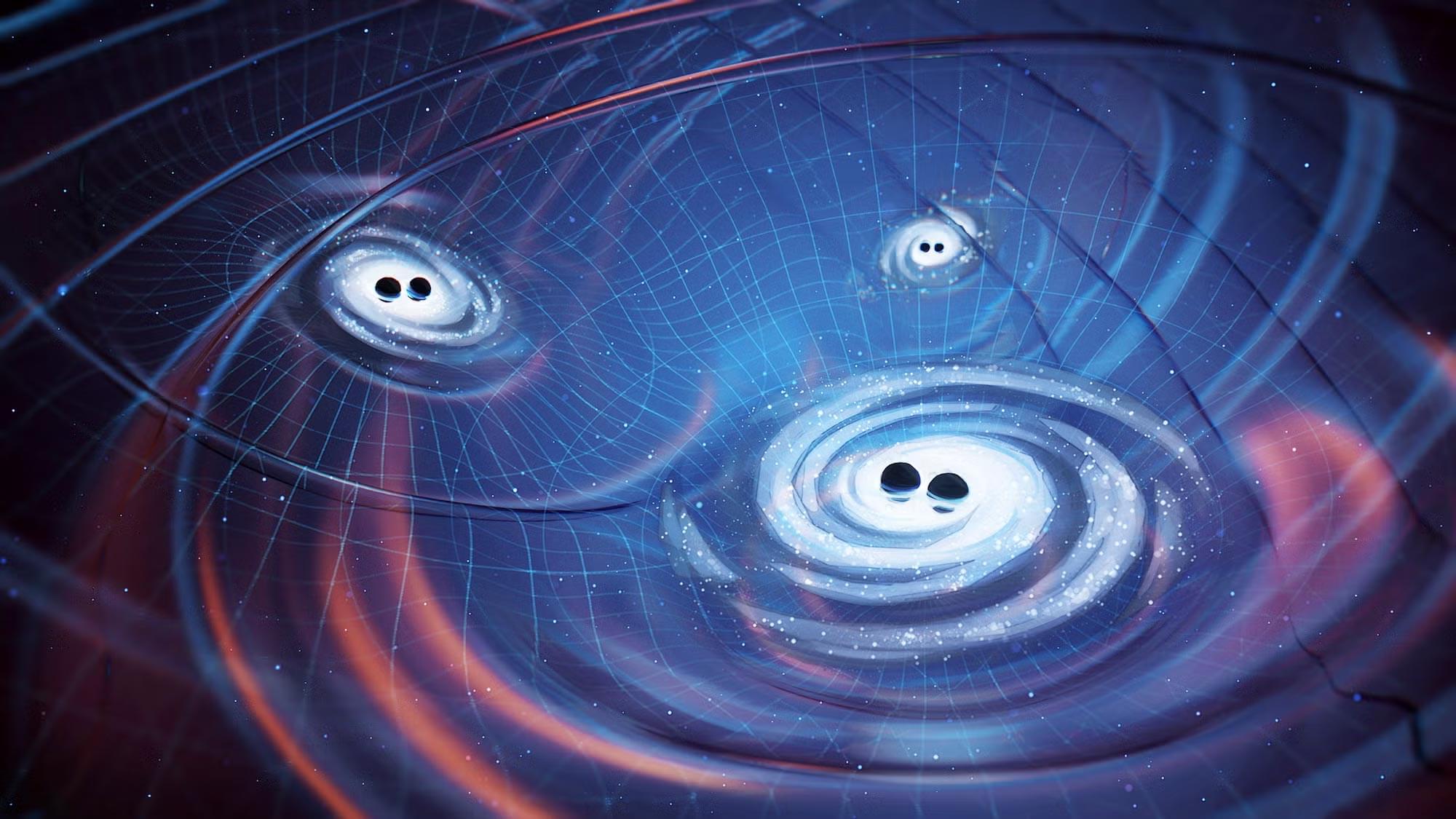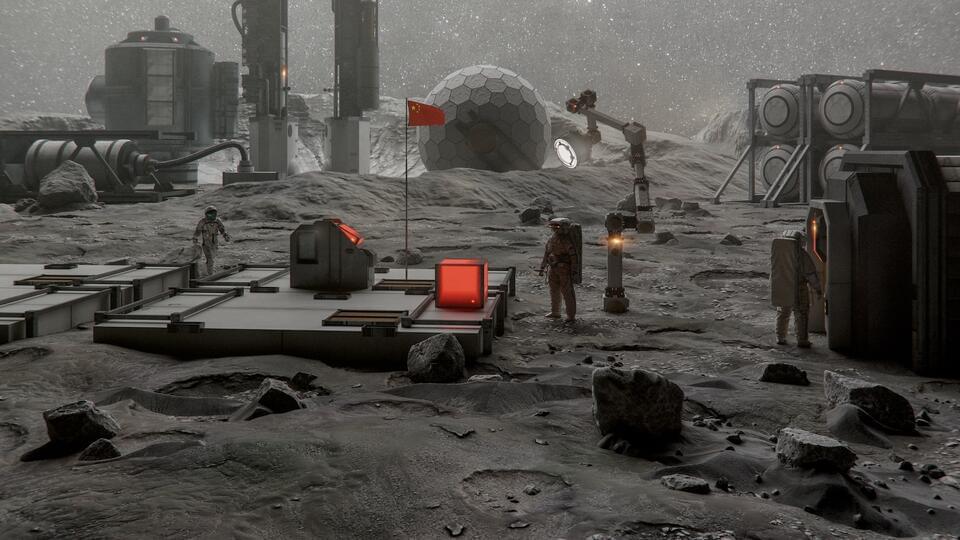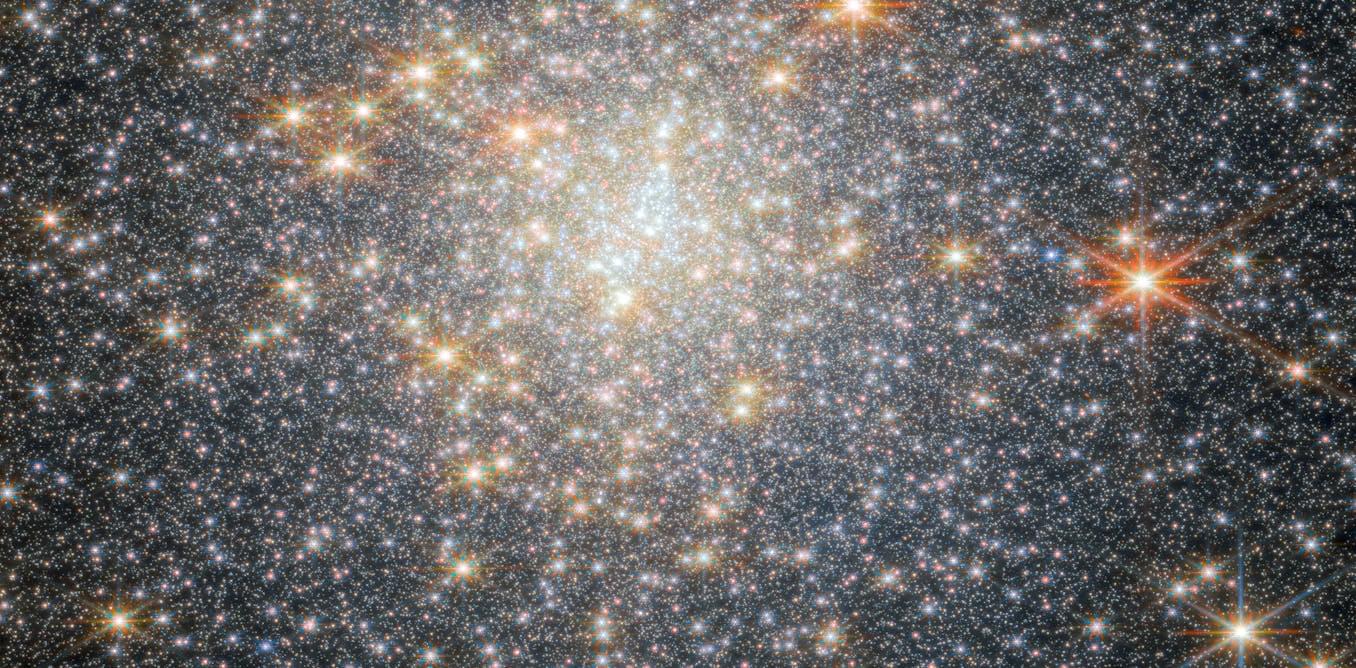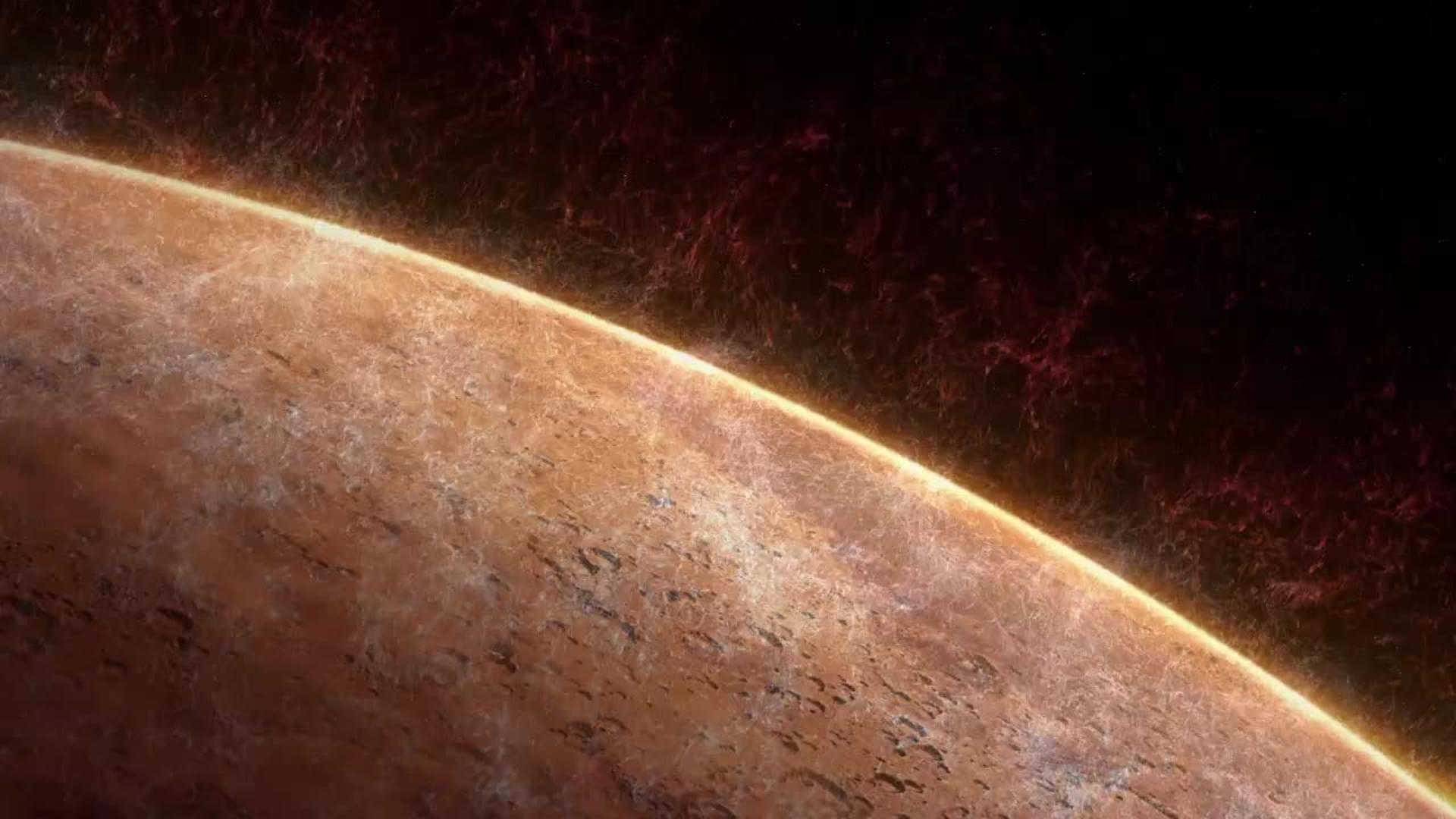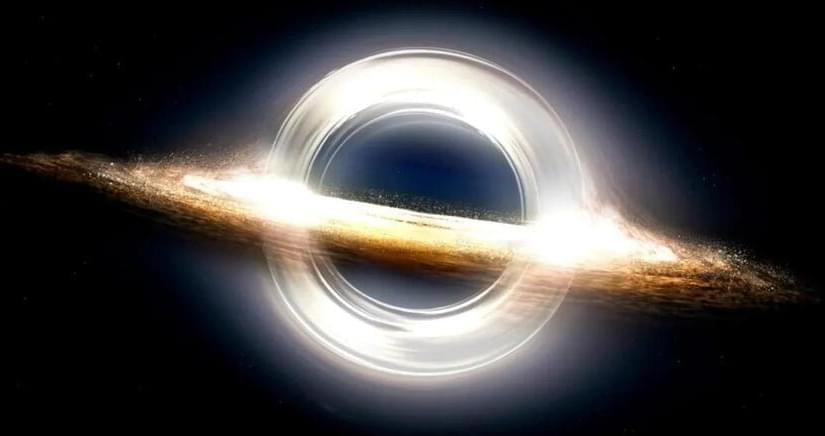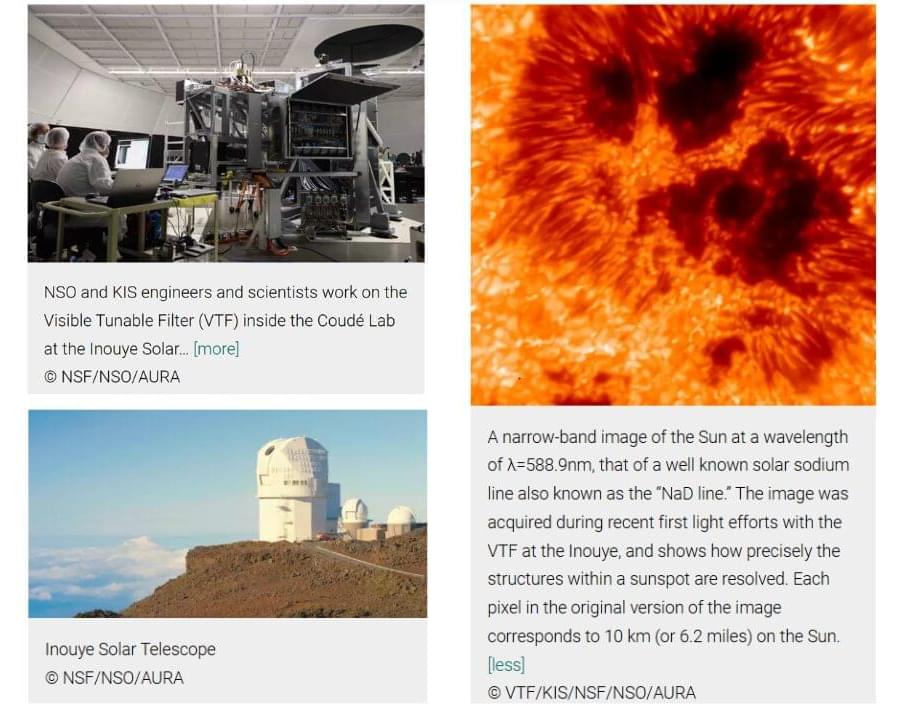The world’s largest solar telescope, the U.S. National Science Foundation (NSF) Daniel K. Inouye Solar Telescope in Hawaii, has reached an important milestone. After almost 15 years of preparation, the German instrument for the Inouye Solar Telescope, the Visible Tunable Filtergraph (VTF), has now taken its first images. The imaging spectro-polarimeter was developed and built at the Institute for Solar Physics (KIS) in Freiburg (Germany). The Max Planck Institute for Solar System Research (MPS) in Göttingen (Germany) is a partner in the project.
The data published now were obtained during the technical commissioning of the instrument. VTF analyzes the sunlight captured by the Inouye Solar Telescope in more detail than ever before and, among other things, extracts information on the flow velocity of the solar plasma and the magnetic field strength at the visible surface of the Sun and in the directly adjacent gas layers above. Even in the current technical test phase, VTF is making smallest structures visible. In later scientific operation, when the data is extensively post-processed, the resolution will improve further.
With a primary mirror diameter of four meters, the Inouye Solar Telescope is the largest in the world. Thanks to the optimal observational conditions on the Hawaiian volcano Haleakala and the use of sophisticated methods of image stabilization and reconstruction, the Inouye Solar Telescope has been providing breathtakingly detailed views of our star since 2022: it can make smallest structures visible. To extract as much detailed information as possible about our star from sunlight, the Inouye Solar Telescope is gradually being equipped with additional scientific instruments. They process the incoming light, for example by examining individual wavelength ranges or polarization states of the light separately. Four of the five instruments are already in operation. The latest addition, the world’s largest spectro-polarimeter VTF, is the most powerful of them. As part of the technical commissioning, the first images of the Sun have now been taken with VTF.
